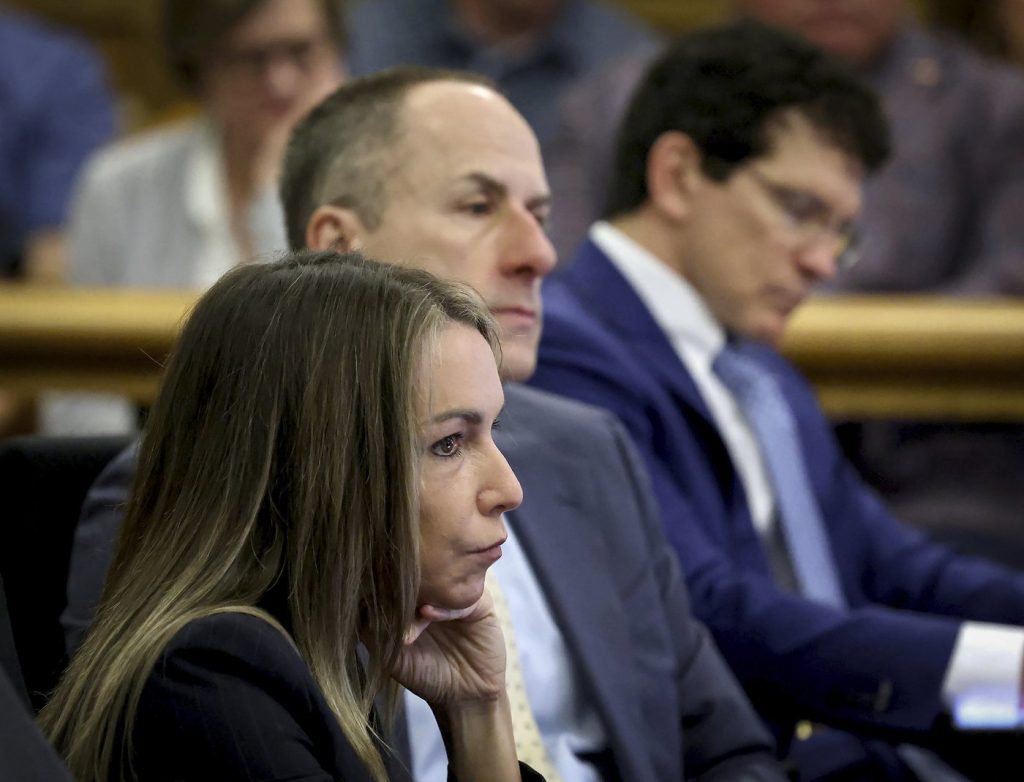The murder trial of Karen Read is nearing its conclusion, with closing arguments scheduled for Friday after weeks of intense and polarizing testimony. The case centers on allegations that Read, 45, fatally hit her boyfriend, Boston police officer John O’Keefe, 46, with her SUV and left him to die in the snow outside a party in Canton, Massachusetts, during the winter of 2022. Read faces serious charges including second-degree murder, manslaughter, and leaving the scene of a crime.
Read's defense team has taken the stance that she is the victim of a broad conspiracy among local law enforcement, pointing to allegations of planted evidence and asserting that she was wrongfully scapegoated for O’Keefe’s death. This trial follows a previous one that ended in a mistrial on July 1 due to a hung jury, with certain jurors suggesting they believed Read was not guilty of the most severe charge, second-degree murder.
Leading the prosecution, special prosecutor Hank Brennan focused on the circumstances surrounding O’Keefe's death, emphasizing that broken pieces of Read’s taillight indicated she had struck O’Keefe with her vehicle. Read’s defense contends that the taillight was damaged when she was reversing out of O’Keefe’s driveway after his death and that evidence was potentially manipulated by law enforcement to implicate her. Testimony from forensic experts suggested that data from O’Keefe’s phone, consistent with its location near the scene, indicated he had no activity after his injury, which reflected poorly on Read. Additionally, evidence was presented that read O’Keefe’s phone temperature dropped after his demise, and GPS data confirmed Read’s vehicle was at the scene at the time of O’Keefe's death.
The second trial differs from the first in its approach to witnesses. Notably, the lead investigator from the initial case was dismissed following a finding of inappropriate behavior. In this trial, the prosecution leveraged testimony from forensic scientists who linked DNA evidence and injuries on O’Keefe’s body to the alleged incident, including a description of blunt force trauma corroborated by a neurosurgeon. Voicemails retrieved from Read’s phone, in which she expressed hostility towards O’Keefe, were also presented as evidence, suggesting a motive for the alleged crime.
In contrast, Read’s defense has staunchly contested the prosecution's narrative. They portray a network of individuals, including law enforcement, who may have collaborated to exonerate themselves while framing Read. This network reportedly included federal agent Brian Higgins, who had flirtatious exchanges with Read prior to O’Keefe's death. The defense raised questions about evidence pertaining to Read’s taillight and suggested that it could have been tampered with after being impounded by police. An accident reconstruction expert testified that the damage to the taillight and O’Keefe’s clothing did not fit the prosecution’s narrative of how the incident occurred.
The defense further scrutinized the actions of several attendees from the party that night, including accusations of attempts to conceal or destroy evidence of other possible culprits. The behavior of Brian Albert, the party host, flagged additional concerns as he disposed of his pet dog and made modifications to his home shortly after O’Keefe’s death. Testimony from a former medical examiner supported the assertion that some of O’Keefe’s injuries might correlate more closely with a dog attack than with an automobile accident. A contention arose regarding a web search made by a party attendee, Jennifer McCabe, which sparked debate over its timing and intent post-incident.
The defense also presented phone records documenting unanswered calls made in the early hours after O’Keefe’s death, indicating a possible connection between individuals present at the party that night. The trial underscores the complexities of the case as Read confronts charges that could lead to a life sentence if convicted, while her legal team vigorously challenges the credibility of the prosecution’s evidence and witnesses.











